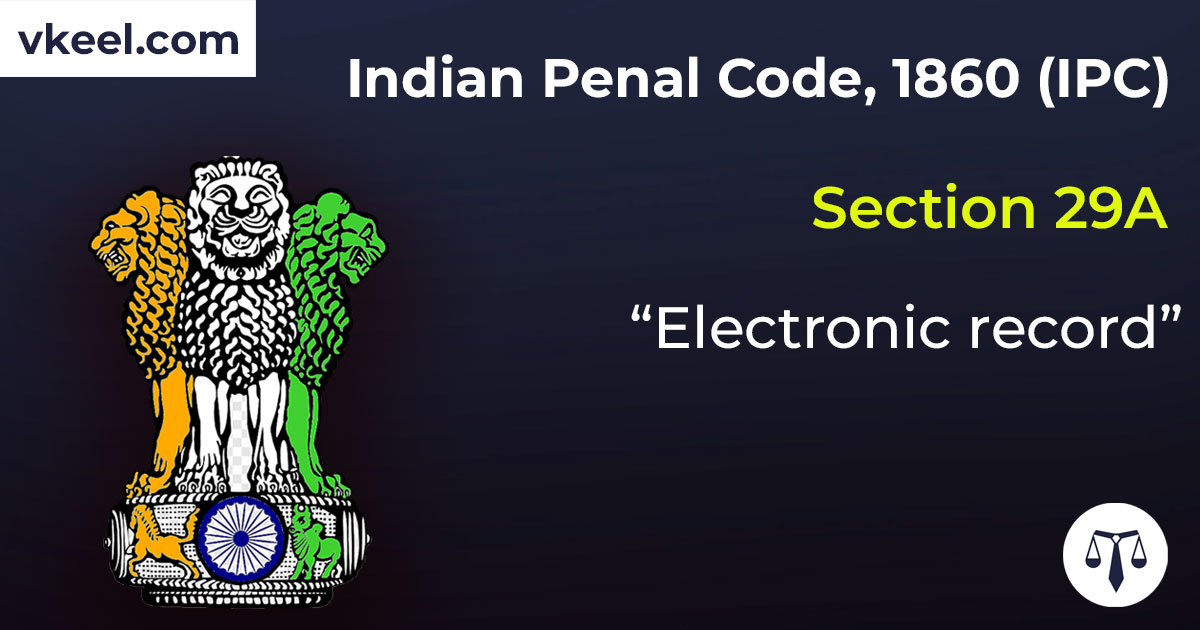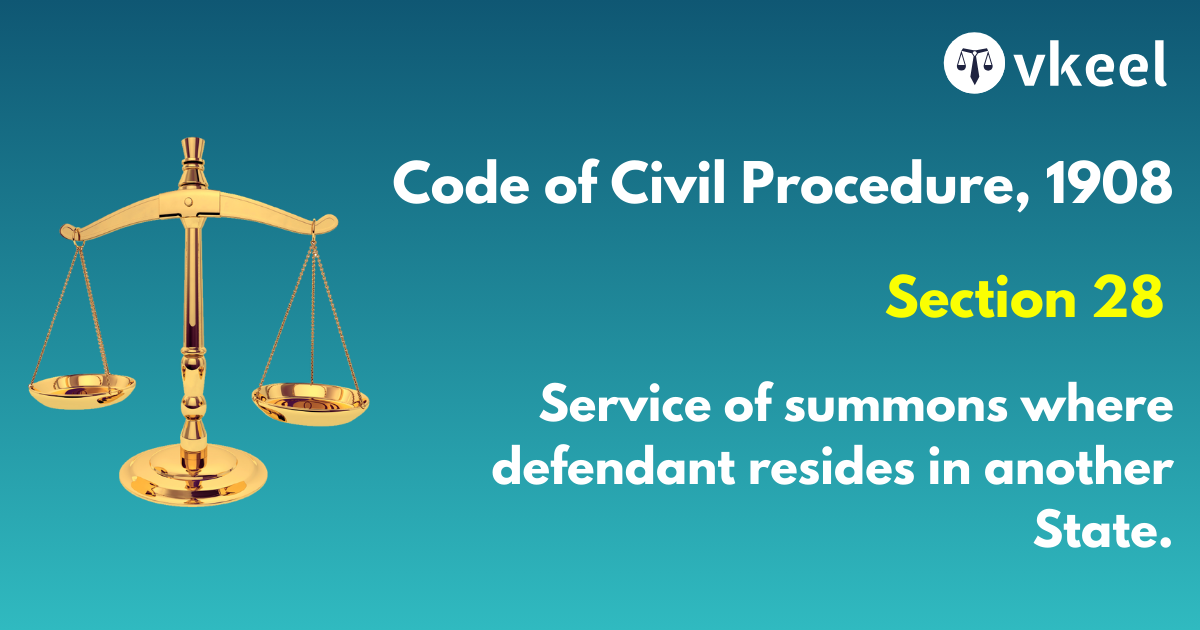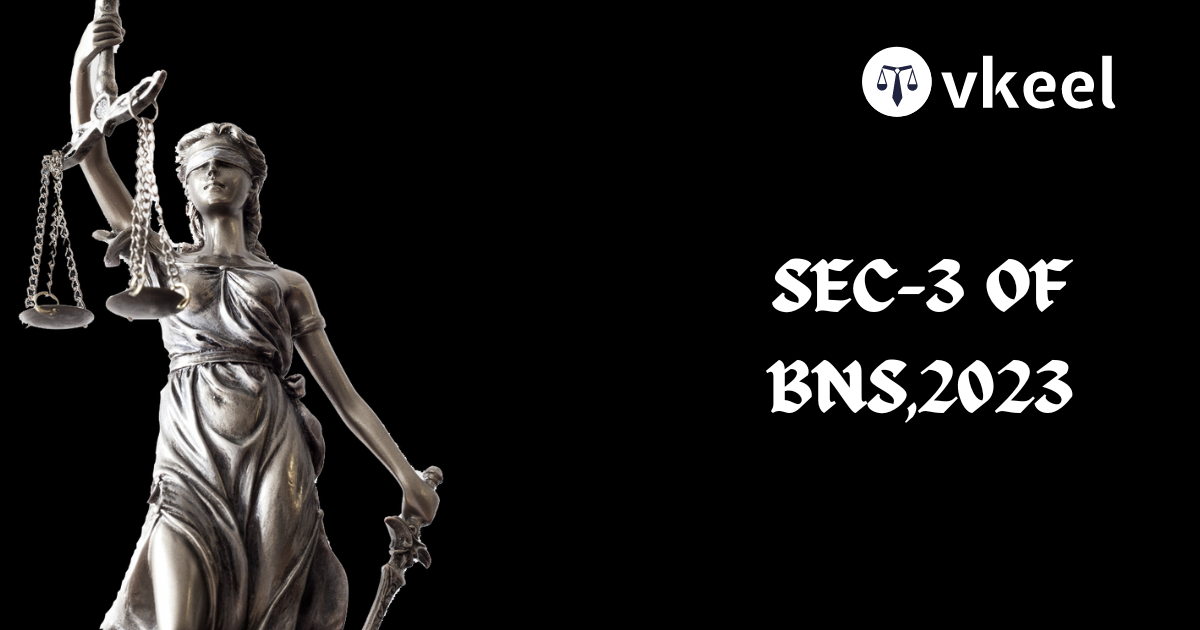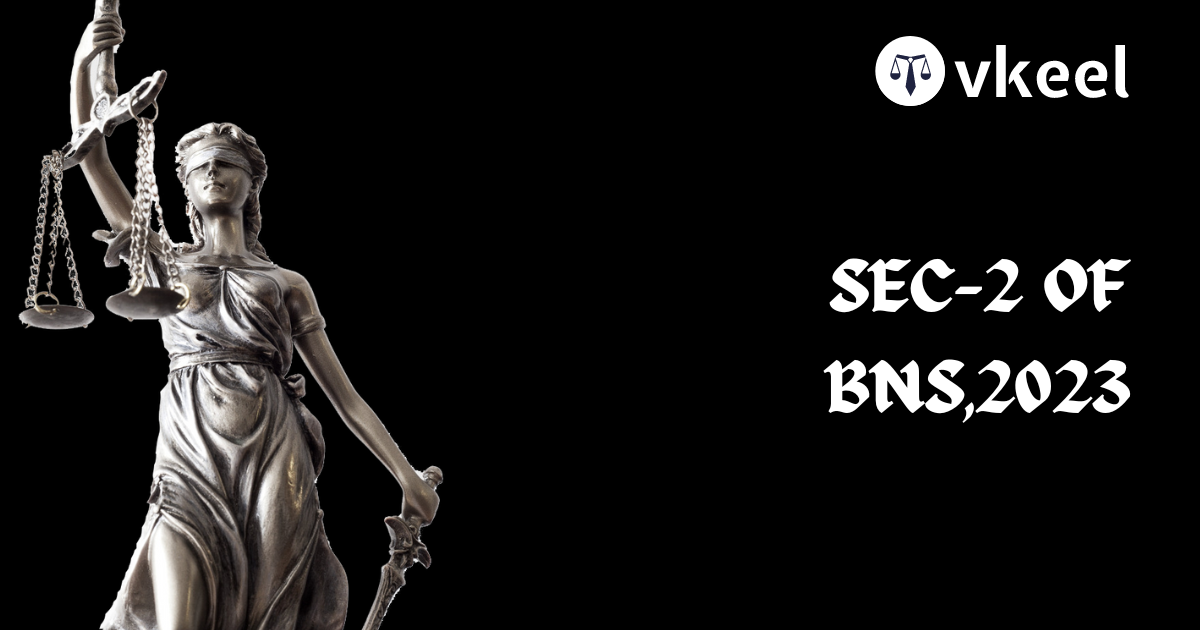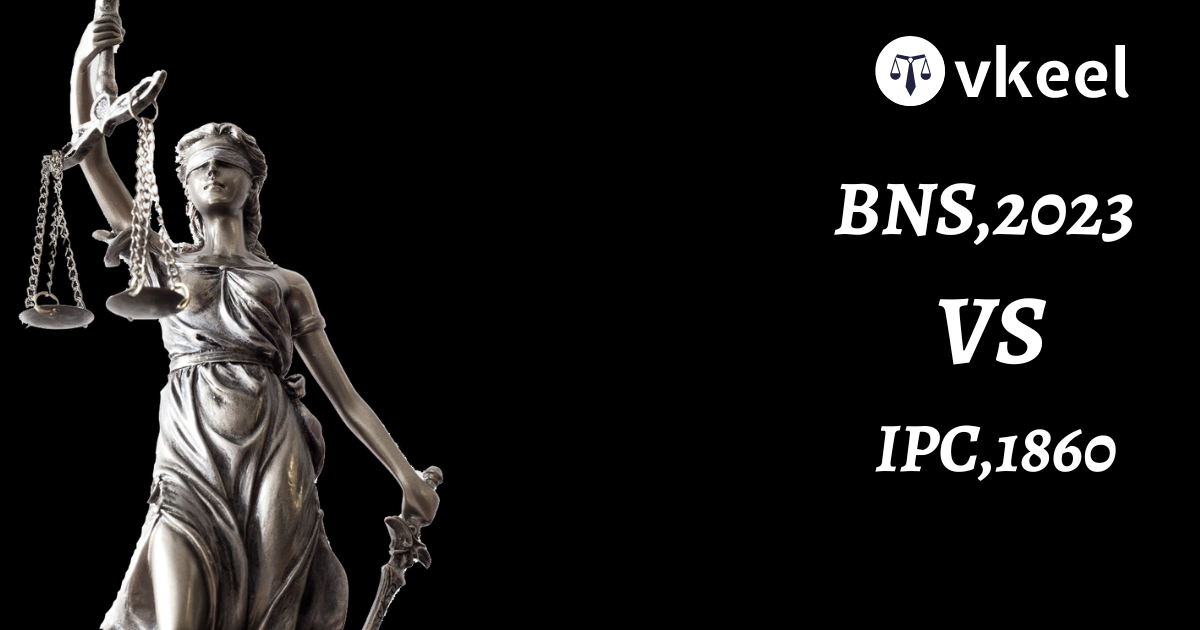Section 29A Indian Penal Code 1860 (IPC) – “Electronic record”
By Vkeel Team
Table of Contents
Description
“Section 29A Indian Penal Code 1860 (IPC)”
1[The words “electronic record” shall have the meaning assigned to them in clause (t) of sub-section (1) of section 2 of the Information Technology Act, 2000 (21 of 2000).]
Introduction
Section 29A of the Indian Penal Code (IPC) was introduced by the Information Technology (Amendment) Act, 2008. This section deals with the legal definition of electronic records and their admissibility as evidence in courts. In this article, we will explore the various aspects of Section 29A of IPC.
Definition of Electronic Record
The term “electronic record” is defined under Section 2(1)(t) of the Information Technology Act, 2000. According to this definition, electronic records are any data, record or information that is generated, received, or transmitted in an electronic form or a combination of electronic form and physical form, which is capable of being used for analysis, interpretation or compilation.
Admissibility of Electronic Records as Evidence
Section 29A of IPC provides that electronic records can be admitted as evidence in a court of law. The admissibility of electronic records is subject to certain conditions, such as the reliability of the electronic record, the manner in which it was generated, and the accuracy of its contents.
Reliability of Electronic Records
The reliability of an electronic record is an essential factor in determining its admissibility as evidence. The reliability of electronic records can be established by various means, such as digital signatures, electronic fingerprints, and electronic time stamps. These methods can help in verifying the authenticity and integrity of electronic records.
Manner of Generation of Electronic Records
The manner in which an electronic record is generated is another crucial factor in determining its admissibility as evidence. The electronic record must be generated in the regular course of business or in the performance of any legal duty. This means that electronic records that are created for personal or private purposes may not be admissible as evidence.
Accuracy of Contents
The accuracy of the contents of an electronic record is also crucial in determining its admissibility as evidence. The contents of the electronic record must be accurate and reliable. The authenticity and integrity of the electronic record can be established through various means, such as digital signatures and electronic time stamps.
Presumption as to Electronic Records
Section 114A of the Indian Evidence Act, 1872 provides for a presumption as to electronic records. According to this provision, if an electronic record is produced before a court, it shall be presumed to be an accurate representation of the contents of the original document, unless the contrary is proved.
Burden of Proof
The burden of proving the admissibility, authenticity, and accuracy of electronic records lies with the person producing the electronic record as evidence. The person must prove that the electronic record was generated in the regular course of business or in the performance of any legal duty, and that the contents of the electronic record are accurate and reliable.
Conclusion
In conclusion, Section 29A of IPC provides for the admissibility of electronic records as evidence in a court of law. However, the admissibility of electronic records is subject to certain conditions, such as the reliability of the electronic record, the manner in which it was generated, and the accuracy of its contents. The burden of proving the admissibility, authenticity, and accuracy of electronic records lies with the person producing the electronic record as evidence.
1. Ins. by Act 21 of 2000, s. 91 and the First Sch. (w.e.f. 17-10-2000).
Desctiption Source: indiacode
Disclaimer:
The information provided in the article is for general informational purposes only, and is not intended to constitute legal advice or to be relied upon as a substitute for legal advice. Furthermore, any information contained in the article is not guaranteed to be current, complete or accurate. If you require legal advice or representation, you should contact an attorney or law firm directly. We are not responsible for any damages resulting from any reliance on the content of this website.

